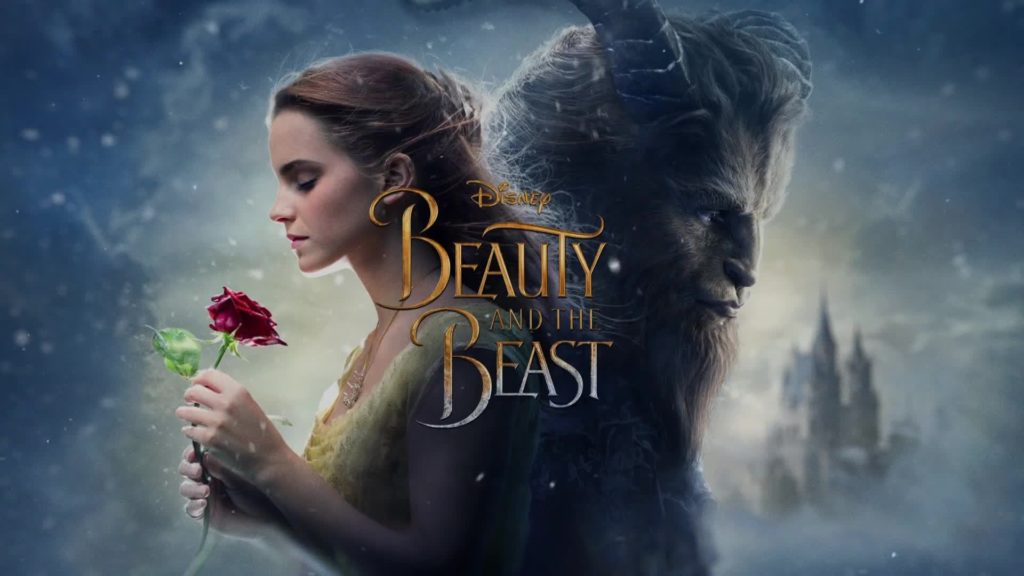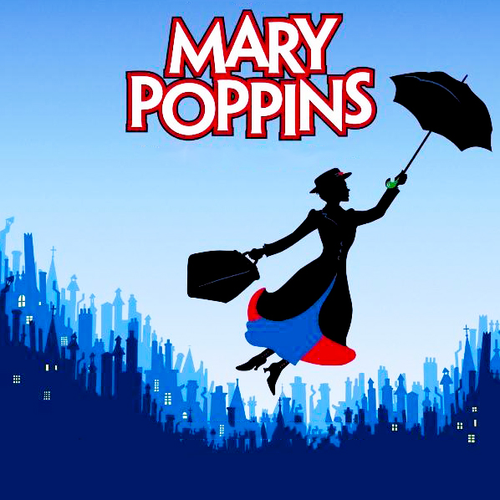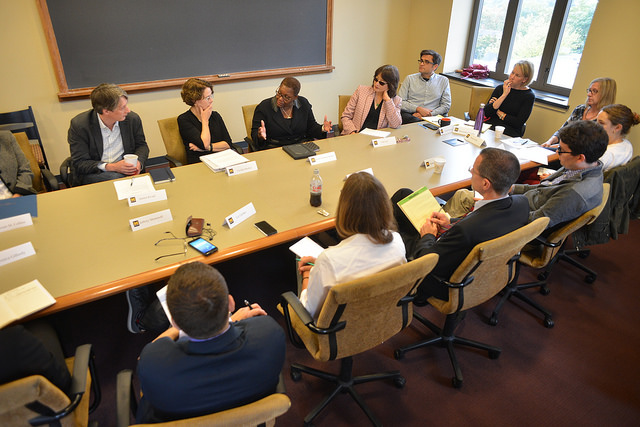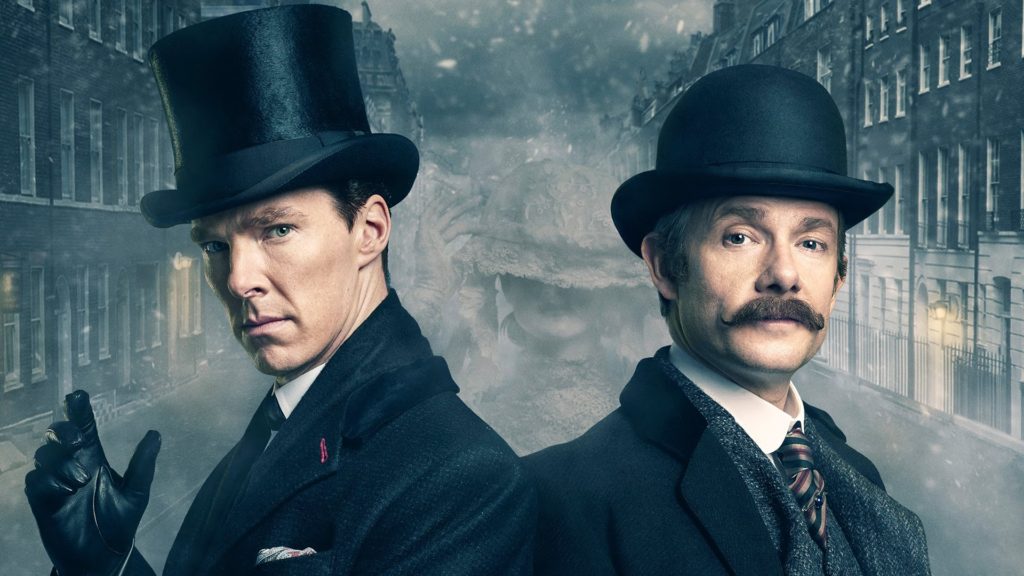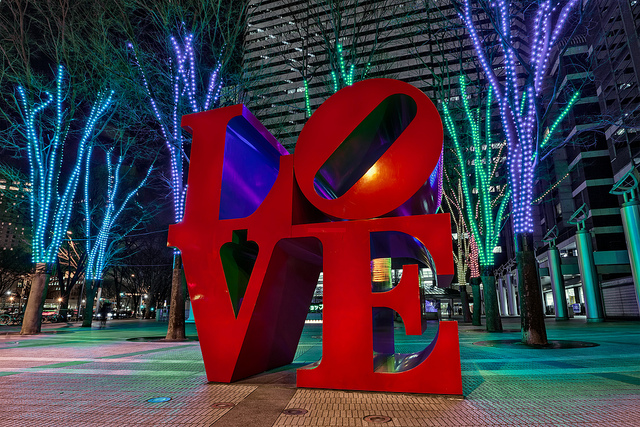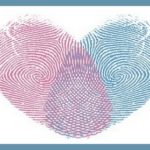“Grudges get heavier the longer they are carried.”
—P.K. Thomajan, 20th Century Essayist

Image from Unsplash by Brooke Lark
I find it particularly interesting that many people do not always experience the holiday season with the joy and happiness the media would suggest.
With the season now in our rear-view mirror, I’ve observed many of my professional colleagues, friends, and clients share some not so happy tales of gatherings that went badly, due to the less than warm feelings carried into these occasions.
Perhaps not so surprising is the fact that many people avoid these gatherings altogether, and have done so for many years, due to the heaviness of the grudges they carry.
EXERCISE:
With whom are you carrying a heavy and burdensome grudge, personally or professionally?
What strategies and approaches can you use to lighten your load and improve these relationships?
Consider picking up a copy of Fierce Conversations by Susan Scott, for some strategies to consider.



